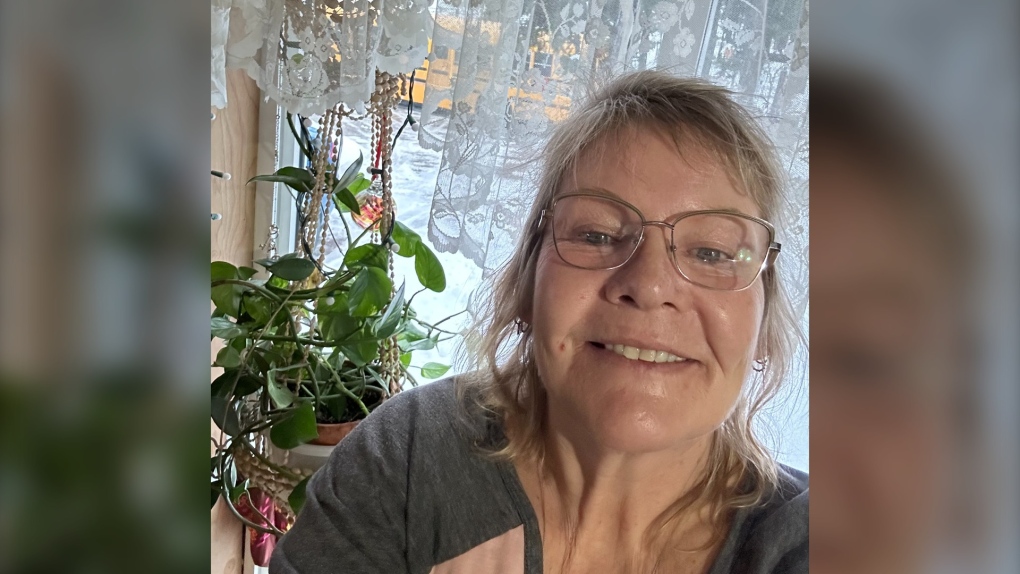Demand for free medical flights, accommodations skyrocketed 145% in B.C. last year, Hope Air says

Hope Air helps patients living in remote parts of the province, and for many, it’s a lifeline.
The organization saw skyrocketing usage last year – a record-high 14,132 travel arrangements in 2023, including paying for flights, overnight accommodations, food and ground travel.
It’s a 145 per cent increase from past years, and the service is much-needed according to the groups that work with rural patients.
“People (tell) me that they’ve chosen to die due to the cost involved in reaching the care that they need,” said Paul Adams, executive director of the B.C. Rural Health Network.
Adams said more people in rural areas are having to make “heartbreaking” and life-threatening decisions, faced with the threat of spending thousands to get much-needed medical treatment.
For example, he said a transplant patient traveling to Vancouver from rural B.C. can expect it to cost “tens of thousands of dollars for the individual patient.”
“Making these people aware of the fact that there are alternatives and there are options for them can be a life-changing experience,” Adams said.
The help from Hope Air made a difference for Bonnie Fiset. The bus driver from Grassmere, B.C., was diagnosed with a rare form of ovarian cancer three years ago.
Last November, doctors told her it was starting to grow again, meaning she’d need to make the more than 10 hour drive to Vancouver for treatment.
She said she would have been out of pocket thousands of dollars without Hope Air.
“I don’t make much as a bus driver, like $1,000 every two weeks, so I had absolutely no money to go to Vancouver,” Fiset said.
“When you’re worried about cancer and dying and your family, it’s nice to not have to worry about where to come up with a couple extra thousand dollars.”
Hope Air paid for her flights, rooms and meals. Fisel said it helped take away a lot of her anxiety during a stressful time.
“You’re worried if you’re gonna have to drive there and sleep in your car in a parking lot and are you gonna have enough money to eat,” she said.
About 20 per cent of B.C. residents live in rural areas, and Hope Air said “most” have to travel to receive medical treatments and for appointments.
Hope Air said the increase in need is in part because people didn’t feel as safe traveling during the pandemic. That, and more awareness around the organization and what it provides, led to more people accessing services.
But many in the province are also facing financial strain.
“More people are barely getting by,” said Hope Air CEO Mark Rubinstein.
“People struggling to pay their mortgage, pay rent, buy food, and so there’s a greater demand for the work of Hope Air, which through our work with the government and other partners allows us to deliver all those medical travel services free of charge,” he said.
Hope Air and the B.C. Rural Health Network said helping people in rural areas is complex, but what’s needed are more community services and facilities so travel isn’t needed as much.
But Hope Air added there will always be a need for some in B.C., like Bonnie, who needs to travel to Vancouver for much-needed medical care.
We acknowledge that we live and work on the unceded, traditional territories of many Indigenous peoples. We are grateful for the privilege of being on lands that these peoples have nurtured since time immemorial.
Exigences de mise à jour des connaissances:
- Au moins 50 heures en tant que commandant de bord sur un avion et 30 heures comme CdB
au cours des 12 derniers mois. - Au moins un vol transnational dans les 90 derniers jours
- Au moins 3 heures comme CdB sur type dans les 90 derniers
jours - Doit satisfaire aux exigences de mise à jour des connaissances des pilotes de Transports Canada: https://tc.canada.ca/fr/aviation/delivrance-licences-pilotes-personnel/garder-ses-connaissances-competences-pilote-jour
Veuillez noter que tous les pilotes bénévoles doivent être entièrement vaccinés contre la COVID-19.
Pour toute question ou préoccupation, veuillez contacter Andrew Knight à aknight@hopeair.ca
Coordonnées
[wpforms id=”10162″ title=”false”]
[wpforms id=”10164″ title=”false”]
[wpforms id=”7772″ title=”false”]
[wpforms id=”7621″ title=”false”]
[wpforms id=”7616″ title=”false”]
[wpforms id=”7593″ title=”false”]
[wpforms id=”7585″ title=”false”]
[wpforms id=”6240″ title=”false”]
[wpforms id=”3576″ title=”false”]
[wpforms id=”3571″ title=”false”]
[wpforms id=”3560″ title=”false”]
[wpforms id=”3513″ title=”false”]
Recency Requirements:
- At least 50 hours PIC on aircraft and 30 hours PIC in the past 12 months
- At least one cross-country flight in the last 90 days
- At least three hours PIC on type in the last 90 days
- Must satisfy the Transport Canada Pilot Recency Requirements: https://tc.canada.ca/en/aviation/licensing-pilots-personnel/staying-current-proficient-pilot
Please note, all volunteer pilots must be fully vaccinated for COVID-19.
For questions or concerns, please contact Andrew Knight at aknight@hopeair.ca
Contact Information
[wpforms id=”3488″ title=”false”]
[wpforms id=”3273″ title=”false”]